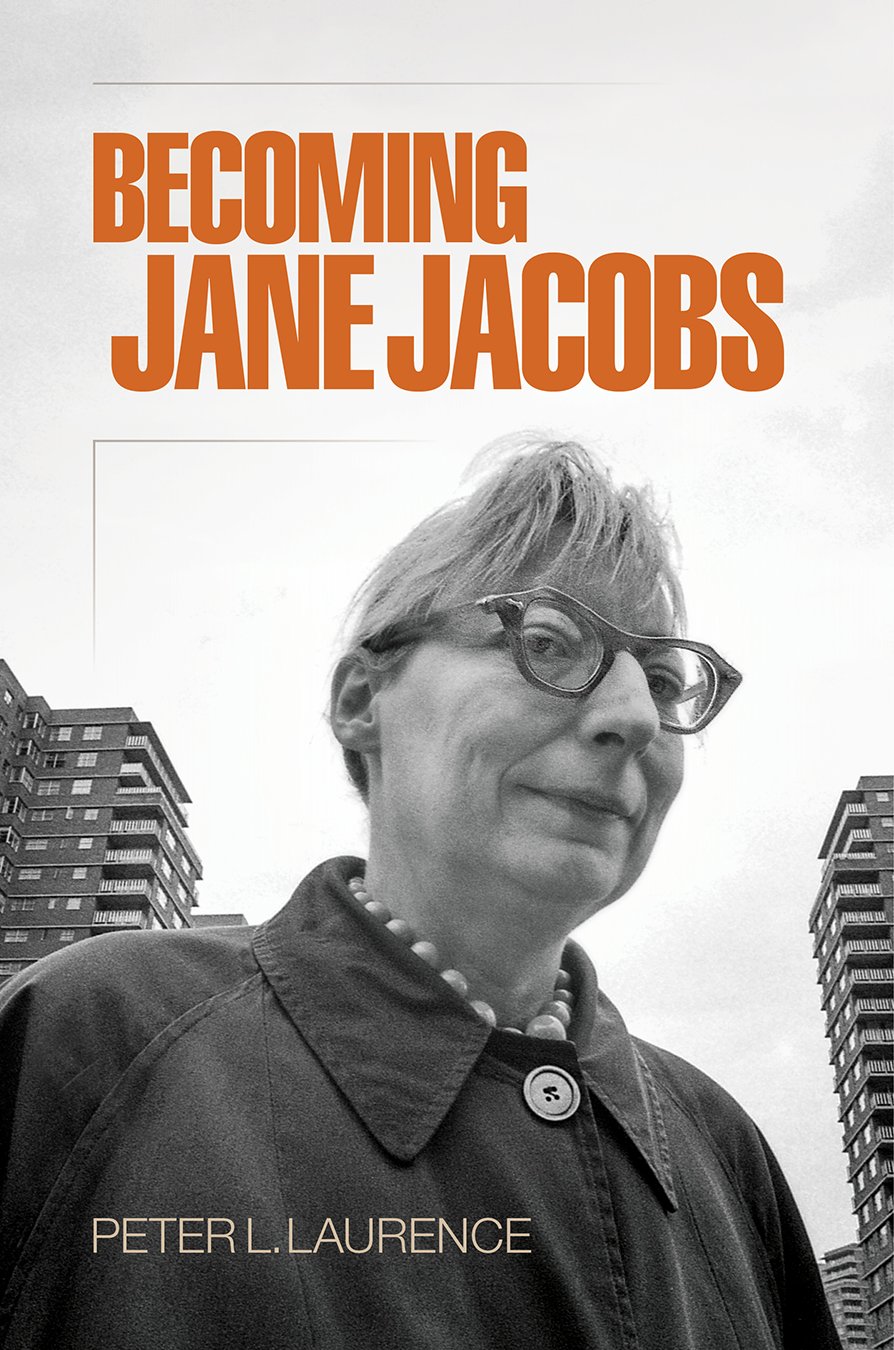
Becoming Jane Jacobs
Becoming Jane Jacobs
by Peter L. Laurence (Author)
Jane Jacobs is universally recognized as one of the key figures in American urbanism, and The Death and Life of Great American Cities, which she wrote between 1958 and 1961, is considered one of the most important books on cities. Becoming Jane Jacobs is an intellectual biography focusing on Jacobs's early life and writing career leading up to her great book, and it offers a new foundation for understanding not only Death and Life but her subsequent books on cities, economies, and civilizations.
As the legend goes, Jacobs, a housewife, single-handedly took on Robert Moses, New York City's powerful master builder, and other city planners who sought first to level her Greenwich Village neighborhood and then to drive a highway through it. Jacobs's most effective weapons in these David-versus-Goliath battles, and in writing her book, were her powers of observation and common sense. Becoming Jane Jacobs shows that what is missing from such discussions and myths about Jacobs is a critical examination of how she arrived at her ideas about city life. The book shows that although Jacobs had only a high school diploma, in the 1930s and 40s, she pursued a writing career that well prepared her to become an architectural critic just as postwar urban renewal policies came into effect. In the 1950s, at Architectural Forum, Jacobs was then immersed in an elite intellectual community of architects and urbanists that included editor Douglas Haskell, shopping mall designer Victor Gruen, housing advocate Catherine Bauer, architect Louis Kahn, Philadelphia city planner Edmund Bacon, urban historian Lewis Mumford, urban theorist Kevin Lynch, and the British writers at The Architectural Review. Through her work at Forum and these associations, Jacobs's knowledge of and writing on suburban development and urban redevelopment grew and evolved; and she contributed significantly to the changing fields of architectural criticism and urban design, participated in important academic conferences, and became known as an expert writer on cities even before she started writing Death and Life.
With a consideration of Jacobs's writing career in its historical context, and through the analysis of many unknown writings, Laurence asserts that Death and Life was not the spontaneous epiphany of an amateur activist but the product of a professional writer and experienced architectural critic with deep knowledge about the renewal and dynamics of American cities.